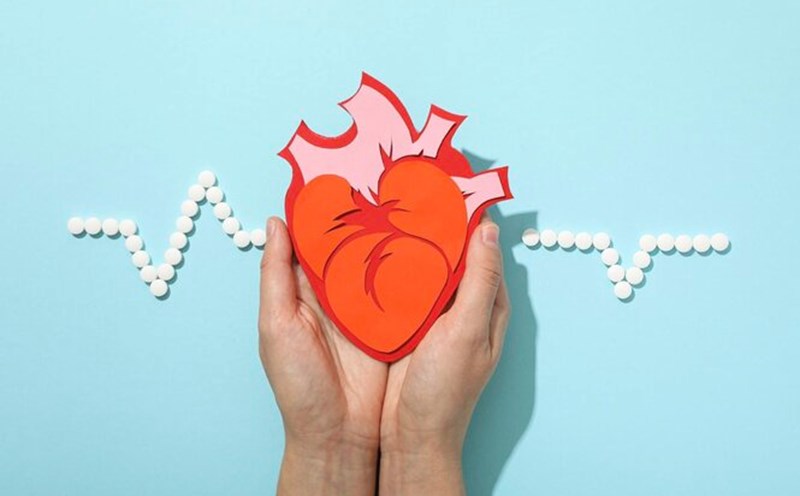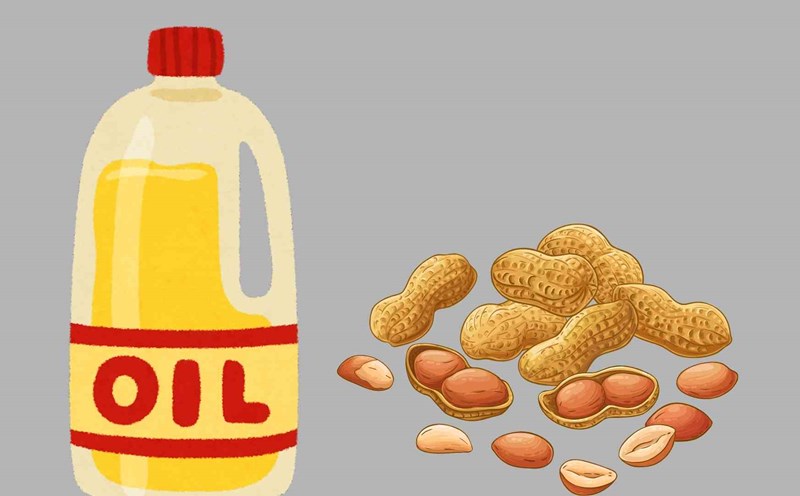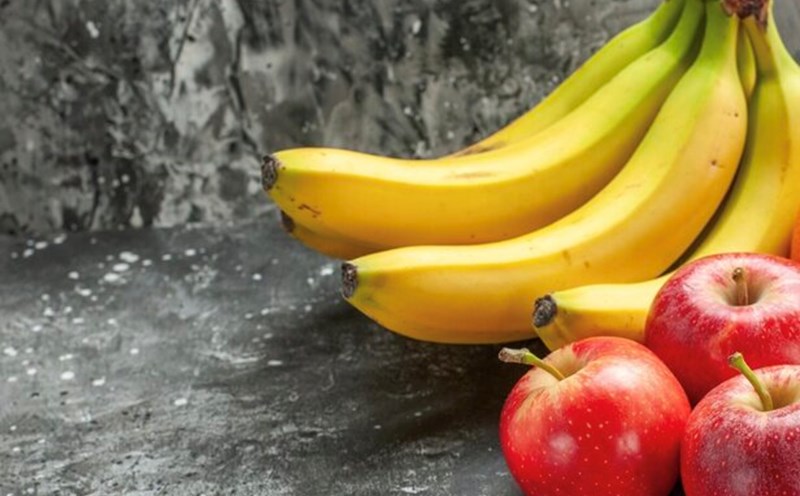High cholesterol is a leading risk factor for serious cardiovascular diseases. In addition to using prescription drugs, more and more people are looking for natural solutions such as changing their diet and using supplements. However, not all supplements are as effective.
According to Dr. patri patricia Mikula - clinical pharmacologist at the University of Massachusetts Pharmacy (MCPHS University), USA: Some supplements have solid evidence of helping to reduce LDL (bad) cholesterol and triglycerides. However, they should be used in parallel with a healthy diet and regular physical activity, not as a substitute for prescription drugs".
Plant Sterol and stanol
These are natural compounds that compete with cholesterol in the intestines, helping to prevent absorption into the blood. Taking 2g/day can reduce LDL by 7-10%. Sterol is found in fortified butter, cereals, and supplements.
Soluble fiber (such as beta-glucan, psyllium)
Soluble fiber helps bind to bile acids in the intestines, thereby reducing cholesterol absorption. Taking at least 3g of oatmeal beta-glucan or 10g of psyllium per day significantly reduces LDL cholesterol.
Red fermented rice
Red rice contains monacolin K, a compound with a structure similar to lovastatin. Research shows that LDL can be reduced by 15-25%. However, people who are taking statins or have liver disease should not take this supplement if they have not consulted a doctor.
Berberine
Excerpts from plants such as goji berries and berberine help activate the enzyme AMPK, which supports fat metabolism. Can help reduce LDL by up to 50 mg/dL. The common dose is 500 mg x 3 times/day.
Although considered safe, some people may experience mild digestive side effects when taking berberine, so start with a low dose, warns Dr. Mikula.
Garlic
Garlic contains allicin, an ingredient that inhibits cholesterol production in the liver. Adding garlic can reduce LDL by about 10 mg/dL, but the dosage is quite high. Note: garlic can cause stomach pain and interact with anticoagulants.
Omega-3 fatty acids (Fish Oil)
EPA and DHA in fish oil help reduce triglycerides, slightly increasing HDL (good). A dose of 2-4g/day EPA/DHA can reduce triglycerides by up to 30%. However, high doses of fish oil can affect blood clotting function.
Coenzyme Q10 (CoQ10)
CoQ10 helps reduce LDL and improve cell energy. Especially useful for people with muscle pain caused by statin use. Safe when taking 100-200 mg/day, but can cause mild insomnia.
Bergamot Orange
Rich in polyphenols, bergamot oranges help the liver regulate blood lipids. Bergamot orange extract capsules show a slight reduction of LDL and triglycerides after a few weeks of use.
Soy protein
Replace 25g of animal protein per day with soy protein to reduce LDL by about 3-4%. Foods rich in soybeans include soy milk, tofu, and soy powder. Women with hormonal problems should consult a doctor before taking it.
Green tea extract (EGCG)
EGCG is an antioxidant that helps reduce cholesterol absorption and supports lipid metabolism. Supplements or thick tea containing EGCG may help reduce LDL slightly, but high doses can damage the liver.
Notes when using supplements
Regardless of its potential, no dietary supplement can replace prescription drugs or a healthy lifestyle. Before starting any type, you should consult your doctor, especially if you are taking medication or have underlying medical conditions.
"Safe and effective should be a top priority. Look for products that are certified by a reputable organization such as NSF or USP," Dr. Mikula recommends.
The combination of a scientific diet, regular exercise, and the right supplements can help you control your cholesterol better, in a sustainable and safe way.









